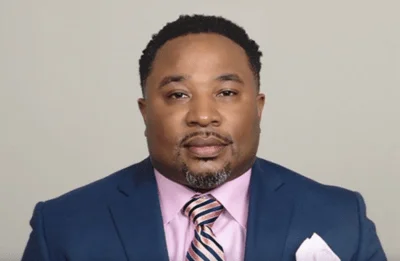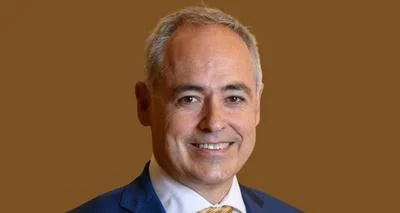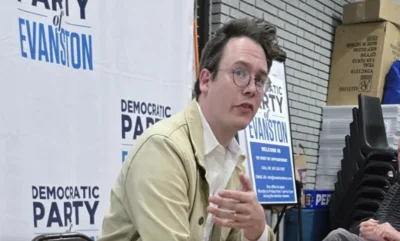State Rep. Deanne Mazzochi (R-Elmhurst) recently announced in a press release that legislation she sponsored to increase access to some state-regulated career fields has passed the Illinois House. | Facebook/State Rep. Deanne Mazzochi
State Rep. Deanne Mazzochi (R-Elmhurst) recently announced in a press release that legislation she sponsored to increase access to some state-regulated career fields has passed the Illinois House. | Facebook/State Rep. Deanne Mazzochi
State Rep. Deanne Mazzochi (R-Elmhurst) recently announced in a press release that legislation she sponsored to increase access to some state-regulated career fields has passed the Illinois House.
House Bill 5575 proposes the creation of a task force that would conduct a review of the state's current occupational licensing requirements.
These task groups would then identify and suggest modifications to these requirements that aim to reduce entry restrictions for these career fields.
“Over the past several years, the General Assembly has increased the requirements and trainings, and along with it the cost, needed to obtain a professional license in many fields,” Mazzochi stated in the press release, “Some of that legislation is now having an unintended consequence: over-credentialing, which makes it more difficult for people, especially if they are trying to re-enter the workforce or are low income, to access a better job market.”
The bill, which passed almost unanimously through the Illinois House, is now headed to the Senate for review.
Currently, the Illinois Department of Financial and Professional Regulation (IDFPR) regulates approximately 100 vocations, including barbers, cosmetologists, dental hygienists, locksmiths, and nail technicians.
According to a 2017 report from the Mercatus Center, "Illinoisans must pay higher-than-average fees to obtain professional licensing," and "Illinois licenses rarely-licensed professions like pharmacy technician (licensed in only 12 states), locksmith (licensed in 13 states), animal control officer (licensed in 17 states), farm labor contractor (licensed in 9 states), and cross-connection survey inspector (licensed in 4 states).
Additionally, the Mercatus Center reports that Illinois' current domestic work experience requirement discriminates against immigrants.
The Mercatus Center report cites a 2015 study by the Treasury, the Council of Economic Advisers, and the Department of Labor, which revealed that an engineer with a degree from a university outside the U. S. must still prove that he or she has worked in the country for at least four years.





 Alerts Sign-up
Alerts Sign-up